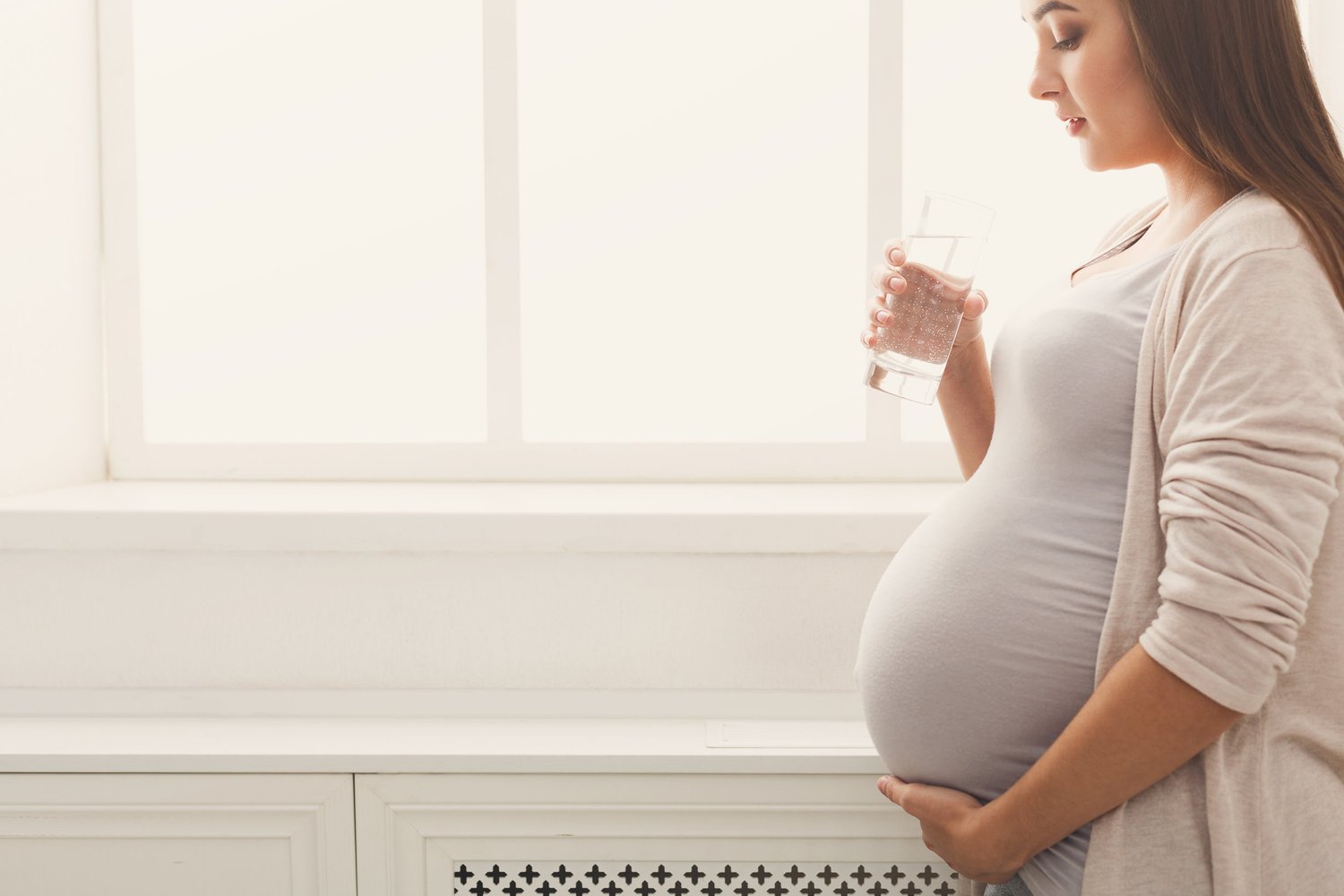Dehydration is typically associated with the hot weather and sun of the summertime, however, it is important to stay hydrated even in the chilly winter months.
At first, it can seem like a trivial issue, but it can be easy to miss the signals of dehydration, and if ignored for too long it can have a serious impact on your health.
What Causes Dehydration?
Our bodies are made up of an astonishing 60% water! We lose water every day through sweating, breathing, tears, saliva, and going to the bathroom. The amount of water we lose can also be exacerbated by the following scenarios:
-
Fever
-
Diarrhea
-
Excessive Sweating (when working out, in hot weather, or caused by a medical condition)
-
Excessive visits to the bathroom
-
Diabetes (some medications such as diuretics can make you urinate more than usual)
If you are not replacing the water lost at the same rate that it leaves your body, you will start to become dehydrated. Though it can seem easy to avoid by simply drinking water, it is a task that can be surprisingly easy to forget. If you are very busy, you may lose track of how much water you are drinking, and you may not be compensating for your body’s loss of liquid at a fast enough pace.
There are also different situations like a sore throat, mouth sores, or an upset stomach that can get in the way of healthy fluid intake.
Tell-tale signs of mild dehydration:
-
Thirst
-
Dry/Sticky mouth
-
Not urinating regularly
-
Headache
-
Muscle cramps
Symptoms of severe dehydration:
-
Not urinating or very dark color when urinating
-
Sleepiness, lack of energy, confusion or irritability
-
Very dry skin
-
Feeling dizzy
Dehydration During Pregnancy
It’s especially crucial to be aware of the signs of dehydration if you are pregnant, as the consequences of ignoring the symptoms mentioned previously can seriously affect your baby.
Pregnant women need more water than the average person because it plays a role in the formation of the placenta which gives your baby nutrients, and the amniotic sac which develops later into the pregnancy. Therefore, it’s crucial that you monitor your fluid intake if you are bearing children.
Preventing Dehydration
First and foremost—drink plenty of fluids! Always consult a medical professional if you are not sure of your own personal liquid requirements. Eating fruits and vegetables is a great way to stay hydrated as they naturally contain a lot of water, and it’s also a great way to stay healthy at the same time! It’s also beneficial to limit your intake of caffeine, teas, and soda.
Alcohol has an even stronger diuretic effect than caffeine, which will make you urinate more frequently. Limiting alcohol consumption is greatly beneficial to your hydration. This is also important to remember if you are on vacation in an area with a hotter climate—walking, swimming, or any physical activity mixed with alcohol in a hot climate can be a very easy way to get dehydrated.
Consult with MetroPartners OBGYN
If you have any questions or concerns related to dehydration, or your health in general, don’t hesitate to make an appointment with one of our practitioners today! Dehydration can be dealt with easily, but it requires an awareness of the symptoms we mentioned earlier, so always keep them in mind, especially if you are going through pregnancy.

